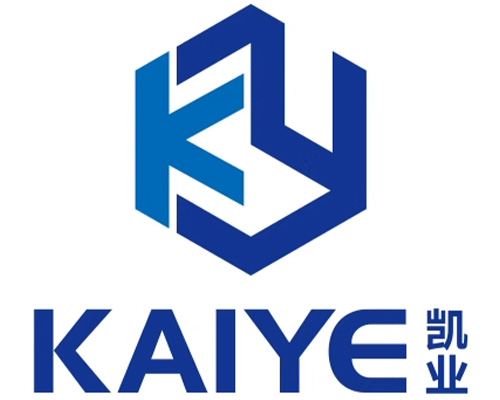As the manufacturing industry moves toward intelligent, customized, and highly efficient production, the sheet metal stamping sector is undergoing a major transformation. Traditional stamping production lines are optimized for mass production but struggle with the growing demand for small-batch, multi-variety, and fast-turnaround orders. To address these challenges, Flexible Manufacturing Systems (FMS) have become a key strategy for upgrading the sheet metal stamping industry.
The Role of Flexible Manufacturing in Sheet Metal Stamping
(1) Automated Stamping Lines for Increased Efficiency
Traditional stamping processes rely heavily on manual labor, limiting production flexibility. Many companies are now adopting automated stamping lines, integrating robotic arms, automated feeding systems, and AI-powered quality inspection to achieve higher efficiency, consistency, and lower operational costs.
(2) Laser Cutting and Automated Bending for Greater Flexibility
Laser cutting is increasingly replacing traditional stamping dies for small-batch and customized production, eliminating the need for costly tooling.
Automated bending machines and robotic arms enable real-time adjustments for different sheet metal designs, improving precision and reducing setup time.
(3) Smart Die Change Systems for Rapid Setup Adjustments
Traditional die changeovers can take hours, but Quick Die Change (QDC) systems allow stamping machines to switch between different products within minutes, significantly reducing downtime and increasing production flexibility.
(4) Data-Driven Smart Production Management
With the integration of MES (Manufacturing Execution Systems) and IoT (Internet of Things), factories can now monitor real-time production data, predict equipment maintenance needs, and optimize production scheduling. These smart systems help manufacturers reduce waste and improve overall efficiency.
Advantages of Flexible Manufacturing
✅ Shorter Lead Times – Faster transitions between product types with reduced downtime.
✅ Lower Costs – Optimized material usage and reduced inventory storage needs.
✅ Higher Customization Capabilities – Adaptability to the increasing demand for personalized and small-batch production.
✅ Improved Product Quality – AI-driven inspection and automation reduce defects and enhance first-pass yield.
Future Trends in Sheet Metal Stamping
🔹 Smart Factories – More companies will invest in fully digitized production facilities powered by AI and real-time data analytics.
🔹 Collaborative Robotics (Cobots) – Human-robot collaboration will improve production flexibility and efficiency.
🔹 Sustainable Manufacturing – Energy-efficient equipment, material recycling, and eco-friendly production methods will become a priority.
As market demands shift toward more flexible and efficient production, flexible manufacturing has become a key upgrade for the sheet metal stamping industry. By leveraging automation, intelligent systems, and adaptive production lines, manufacturers can improve efficiency, reduce costs, and stay ahead in the competitive global market.

